To provide the best experiences, we use technologies like cookies to store and/or access device information. Consenting to these technologies will allow us to process data such as browsing behaviour or unique IDs on this site. Not consenting or withdrawing consent, may adversely affect certain features and functions.
The technical storage or access is strictly necessary for the legitimate purpose of enabling the use of a specific service explicitly requested by the subscriber or user, or for the sole purpose of carrying out the transmission of a communication over an electronic communications network.
The technical storage or access is necessary for the legitimate purpose of storing preferences that are not requested by the subscriber or user.
The technical storage or access that is used exclusively for statistical purposes.
The technical storage or access that is used exclusively for anonymous statistical purposes. Without a subpoena, voluntary compliance on the part of your Internet Service Provider, or additional records from a third party, information stored or retrieved for this purpose alone cannot usually be used to identify you.
The technical storage or access is required to create user profiles to send advertising, or to track the user on a website or across several websites for similar marketing purposes.
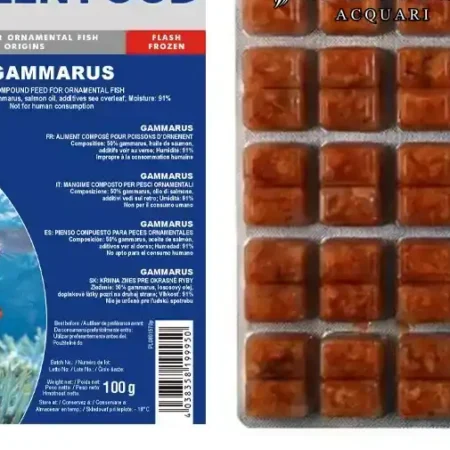 6X100G Gammarus Blister – Flash-Frozen Amphipod & Salmon Oil Cubes, Premium Frozen Fish Treats for Enhancing Growth and Vitality in Freshwater and Marine Tanks
1 × £12.00
6X100G Gammarus Blister – Flash-Frozen Amphipod & Salmon Oil Cubes, Premium Frozen Fish Treats for Enhancing Growth and Vitality in Freshwater and Marine Tanks
1 × £12.00 

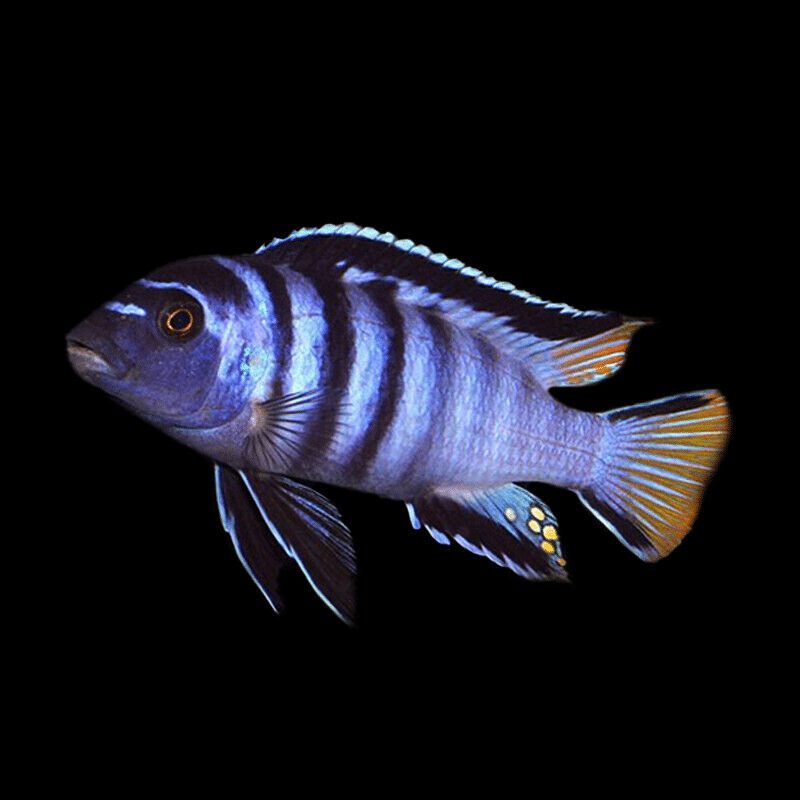
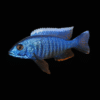
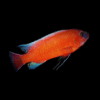






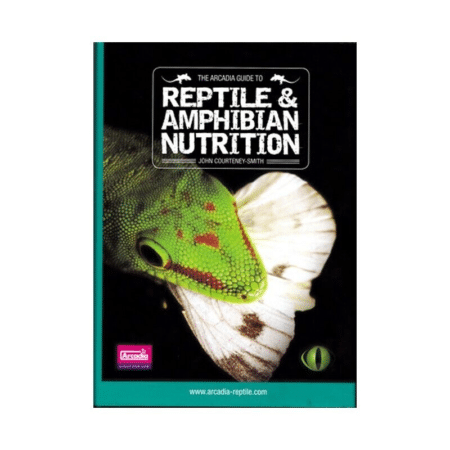


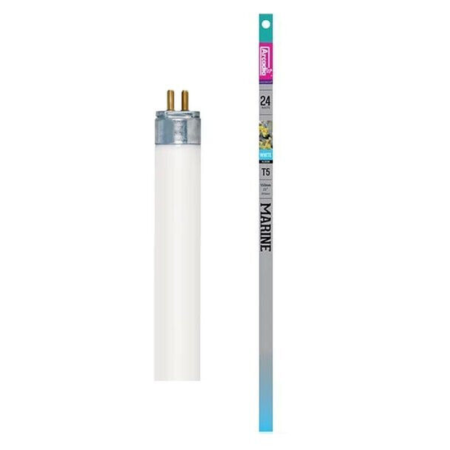
Emily Carter (verified owner) –
I recently added the Elongate Mbuna Cichlid – Chindongo Elongatus ‘Mpanga’ to my aquarium, and I couldn’t be happier! These African cichlids are absolutely stunning, with vibrant colors that truly bring life to my tank. After about two months of observing them, I’ve noticed their personality shines through as they explore and interact with one another. They are active swimmers and love to dart around the rocky areas I’ve created, which is a joy to watch.
I’ve tried a few different types of cichlid food, but the high-quality pellets specifically designed for African cichlids have really made a difference in their health and vibrancy. I noticed that they are more colorful and energetic since switching!
One minor consideration is that they can be a bit territorial, so a larger tank with plenty of hiding spots is ideal. But honestly, I think this is what makes them so fascinating to observe. I highly recommend these fish for anyone looking to add a dynamic and colorful species to their aquarium. Just be prepared to cater to their territorial nature and ensure a proper environment. Overall, I would absolutely buy them again!